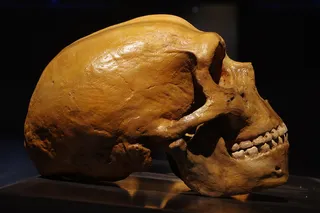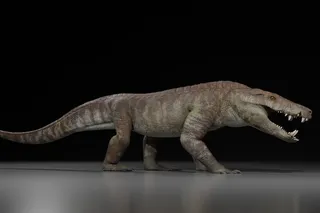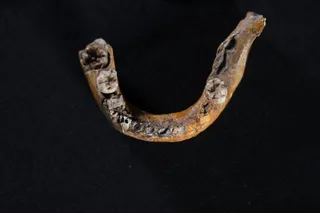Ears are incredible things. They help us process sound and play a significant role in our balance. They may have also just helped researchers gain a better understanding of Neanderthal evolution.
Neanderthals emerged around 250,000 years ago from pre-Neanderthals populations (500,000 years to 250,000 years ago). These populations roamed Eurasia. For years, researchers believed that as pre-Neanderthals evolved into early Neanderthals and then into classic Neanderthals, there was little evolutionary change.
However, new findings published in Nature Communications may shake up this commonly-held belief, and the analysis of Neanderthal ears shows there may have been great genetic loss during this evolutionary period.
After a research team from Spain collected DNA samples from Neanderthal fossils, they noticed a genetic loss between early Neanderthals and classic Neanderthals.
This type of genetic loss is called a bottleneck and is the consequence of population reduction. According to the data collected, this particular bottleneck began ...















